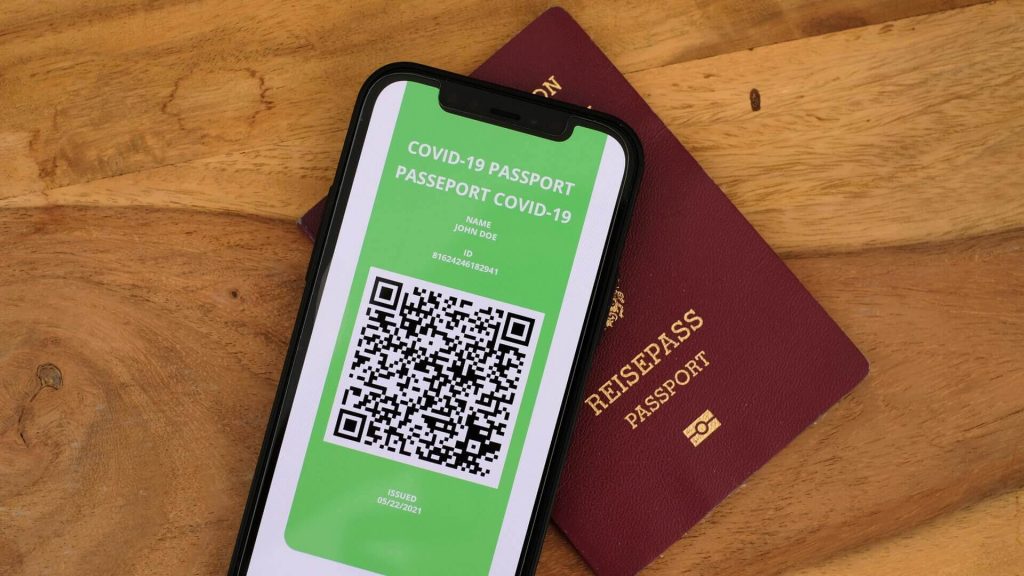As the Covid-19 pandemic does not seem to be losing steam, researchers have been fighting to make a functional vaccine that would protect people from the virus. Several vaccines have been put into circulation recently, and most countries have started the vaccination process.
There have been some controversies regarding vaccines, from the good old conspiracy theories to some more understandable ones. Primarily based on the fact that there has not been enough time to test the vaccines in a way that would guarantee that all of the possible options, both good and bad, have been exhausted, as the vaccines have shown to have adverse effects on some people. However, it seems more and more likely that, whether one is for or against it, pretty much everybody will have to get vaccinated in the next couple of years, if not even sooner.

While it might seem intrusive and potentially dangerous to force everyone to download a compulsory app, it is probably not for the reasons you might think. It might seem like a great way to get the government to spy on you, especially if you dabble in the already mentioned conspiracy theories, but let’s be honest – every app on your phone can already do that. Just the fact that you have a smartphone or any other smart device means collecting data on you one way or another.
Have you ever noticed how, as soon as you search for something, ads related to that start popping up? How most of the apps and websites ask for tons of your personal information, so much that it does not seem like something special anymore? Or the fact that many people have virtual speakers in their home, listening to their every word? If there is anyone who wants to spy on me or you, they already have more than enough material. It is something that, no matter how scary it might seem, we can’t escape.

Of course, this does not mean we should consider the vaccine app as something completely harmless. The apps from official sources, such as App Store or Play Store, have to pass a specific investigation, call it that way, and appear there. Additionally, considering that many people know their way around how the phone apps are made, it is getting harder, especially for more popular apps, to hide something malicious in them potentially. You can choose whether you want to download or use pretty much every app helps too.
That is where the problem with compulsory apps comes. Technically, if everyone has to download them, their developers can add anything they want to them, and nobody will avoid it. Of course, it is not so simple, as anyone can come and take them apart, describe it that way, and find out what is going on inside them—especially considering that the apps that would track the vaccinations have all the eyes on them, right now.
Vaccine Passports
That is precisely what happened in Israel, one of the first countries to start vaccinating its citizens and use the app to track that. The so-called ‘Green Pass’ app has controversial for many reasons. Within just a couple of weeks from its release, people started complaining about the app’s poor usability, which included taking a significant portion of the devices’ memory.
Additionally, the experts that checked the app’s code have found many essential issues in it, some of them causing potential security concerns. Others are making it seem doubtful that the app can reliably verify whether someone had been vaccinated or not. The app was created using closed source code, which means that the security experts did not participate.
As shown by the fact that the developers did not use the cryptographic algorithms, they used an outdated library of cryptographic programs. The QR code’s verification method was also found not to match the Israeli Health Ministry’s specifications, making the code bloated unnecessarily complicated.
Read our previous article; What did the pandemic teach us about cybersecurity?
Check our web page to learn more about cyber security solutions; Watchdog.dev



